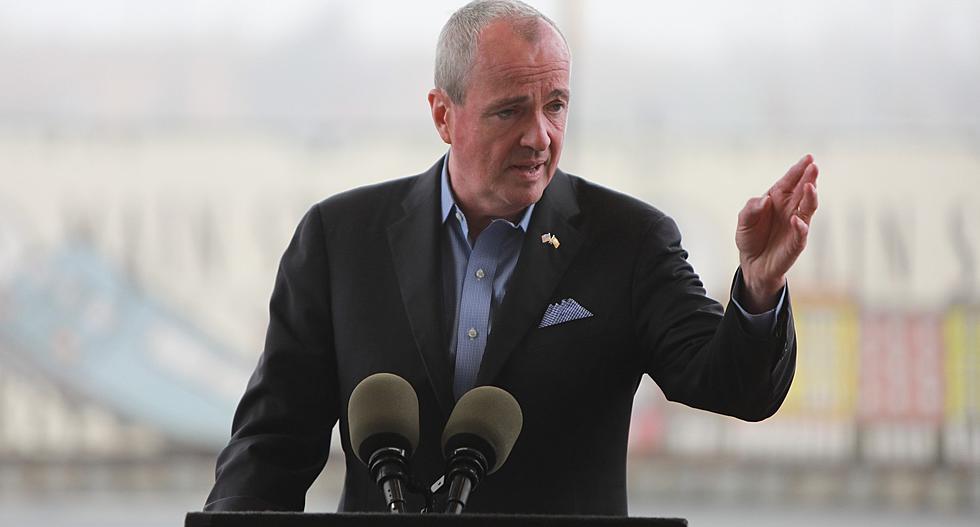
NJ declares 1st ever public health state of emergency: What it means
New Jersey has announced its first ever public health state of emergency Monday, on a day when the state's diagnosed cases of novel coronavirus nearly doubled, and when two school districts announced precautionary closings.
The declaration does not put in place any travel restrictions, automatically shut down any public offices or schools, or force businesses to close. Such declarations are frequently issued after severe storms, and similarly don't automatically put restrictions on the public in place.
Gov. Phil Murphy, in an announcement late Monday afternoon, said the declaration would help "to ramp up New Jersey’s efforts to contain the spread of COVID-19."
Murphy's executive order declaring the state of emergency across 21 counties allows "state agencies and departments to utilize state resources to assist affected communities responding to and recovering from COVID-19 cases," the governor's office said in a statement.
“The State of New Jersey is committed to deploying every available resource, across all levels of government, to help respond to the spread of COVID-19 and keep our residents informed,” Murphy said in the statement.
His declaration authorizes the state's director of emergency management, the superintendent of the New Jersey State Police and the commissioner of the Department of Health to direct the emergency response -- though as a practical measure, all those authorities were already involved in leading the state response.
The declaration "triggers other executive powers and safeguards, such as prohibiting excessive price increases pursuant to New Jersey’s Consumer Fraud Act," the governor's office said -- though state and county officials have also said in recent days they're looking out for price-gouging.
The order also waives certain procurement procedures "to expedite the delivery of goods and services necessary for coronavirus preparedness and response efforts," the governor's office said.
More broadly, it gives agencies the leeway to waive some of their normal rules to speed up access to resources that might be needed to fight the outbreak.
State health officials Monday announced five new "presumptive positive" coronavirus cases, bringing the state's total to 11. More than 20 other people were considered "persons under investigation" and being observed for potential signs of the disease. No one in New Jersey has died from the disease.
Among the new cases were two in Monmouth County. Most previous New Jersey cases had been in northern part of the state, aside from one in Camden County.
More Jersey Shore News:

More From 105.7 The Hawk










